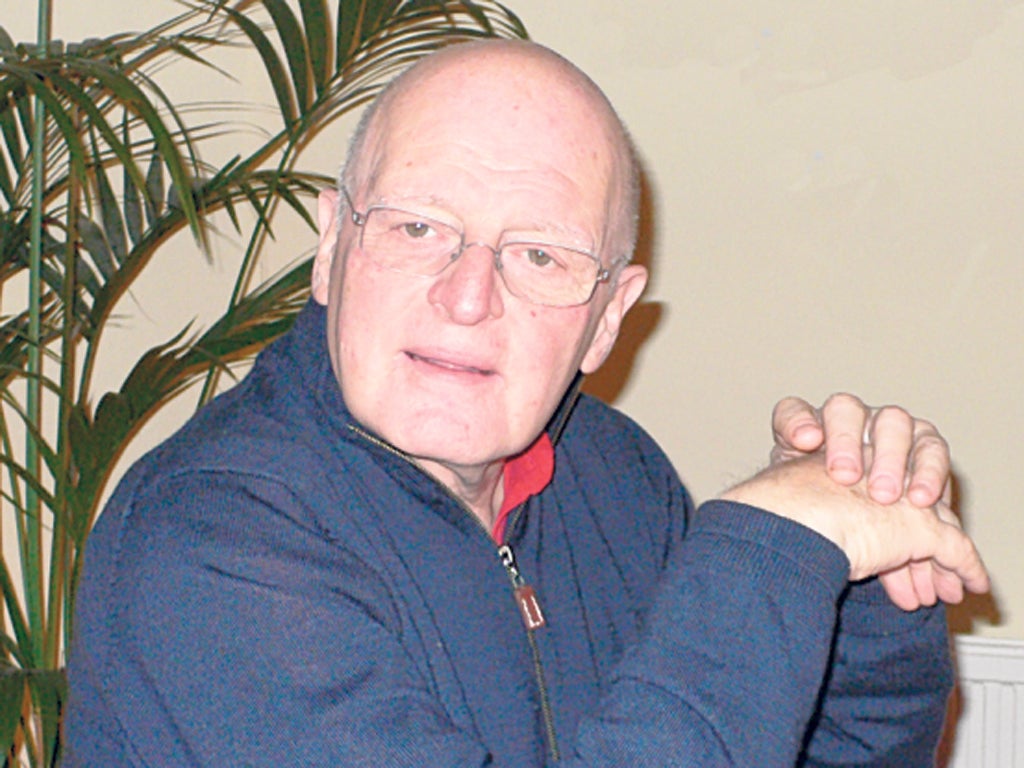David Bennett: Pioneer in the field of intensive care

David Bennett was a founding father of modern intensive-care medicine, and a leading figure on the international stage. His pioneering work into the monitoring and physiology of the circulation began in the 1960s with a series of seminal studies investigating a wide range of invasive and non-invasive techniques that have since gained widespread traction. He strongly promoted their incorporation into routine bedside practice, arguing cogently that guided physiological manipulation had to be superior to arbitrary and often misplaced decision-making, thus bringing science to the art of clinical medicine.
His later research career championed the concept of perioperative circulatory optimisation to improve outcomes in high-risk surgical patients. This entails titrating fluid and drug therapy to precisely targeted endpoints using carefully calibrated monitoring techniques. Having confirmed the benefits (mortality, morbidity, length of stay) in a landmark paper published in 1993, and then reinforced by subsequent studies, Bennett became an impassioned advocate, travelling the globe to promulgate and proselytise. More than anyone, he put this concept on the map. A recent endorsement by the National Institute for Health and Clinical Excellence gave him enormous satisfaction.
Bennett qualified from the Middlesex Hospital, London in 1963 and, other than a year spent at Johns Hopkins hospital in Baltimore, US, worked solely in leading academic hospitals within the London area. He was a British Heart Foundation research fellow at the National Heart Hospital, a Medical Research Council senior registrar at Charing Cross Hospital and then lecturer, senior lecturer, reader and, in 1997, professor at St George's Hospital Medical School. In 1974 he became the first director of the Intensive Care Unit at St George's Hospital. After formally retiring in 2007 he maintained his interests in teaching and research as a visiting professor at Guy's and St Thomas' Hospitals.
Bennett's modus operandi was to inspire through passionate example rather than to lead by confrontation or chastisement. You attempted to live up to his standards, but he was too polite to show (at least externally) his disapproval if you did not. Coffee could not be instant and food should not be fast. For him, heaven was an animated discussion surrounding a new concept, a trial design, an exciting research finding or a controversial paper. Hell was the (rare) inability to elicit a response.
Bennett was intensely modest; even his close family was unaware of the scale of his achievements. He exuded humanity and loathed the mundane. He had his idiosyncrasies. He loved woollen cardigans, hated minutiae, was frustrated by bureaucracy, and despised officialdom's repeated attempts to ruin the National Health Service he so dearly cherished. Irritation and the odd expletive could creep into his speech when poor clinical practice or administrative inertia let patients down. He would often appear in newspaper, radio or television interviews, articulately berating the government of the day for the lack of critical-care provision; when the hospital eventually banned filming within its grounds, he would defiantly continue from the pavement outside.
He was also a superb teacher, nurturing successive generations of intensivists who went on to develop successful careers in their own right, yet who all acknowledge an immense debt of gratitude to their guru. In recognition of his services to the specialty, Bennett was awarded life fellowships by many august bodies, including the UK Intensive Care Society and the European Society of Intensive Care Medicine. He was the organiser of congresses and meetings around the world, and was particularly proud of his annual summer school in Brijuni (Croatia). Notwithstanding these high-profile activities, he derived as much – if not more – pleasure from teaching medical students at the bedside.
Outside medicine, Bennett had a passion for the Lake District, for Apple computers from their earliest inception, for photography and music. Escorting his concert pianist wife on tours as "roadie", accountant and photographer gave him especial pride and joy.
Consultants and professors are often liked, respected and admired, but few are loved. The avalanche of tributes that have flooded in since his untimely death demonstrate the intense warmth and affection in which he was held. He leaves his wife Kathron, daughter Gabby, two grandchildren, two adoring dachshunds, and many other broken hearts.
David Bennett, Emeritus Professor of Intensive Care Medicine: born London 19 August 1938; married first Lee (one daughter), second 1992 Kathron Sturrock; died London 21 February 2012.
Join our commenting forum
Join thought-provoking conversations, follow other Independent readers and see their replies
Comments